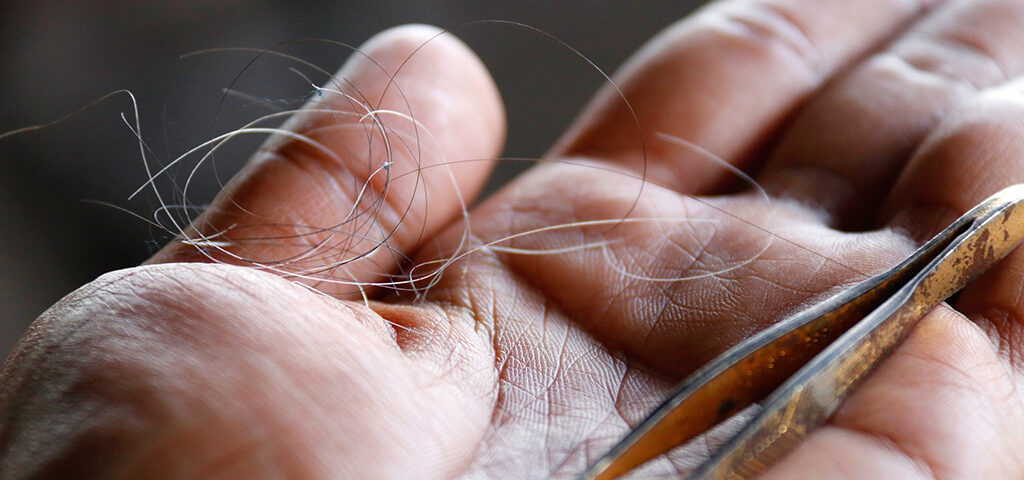When a person is discussing addiction, it is most commonly in the context of substance abuse. While this is understandable, it minimizes the effect that this disease can have. A person can be addicted to all kinds of things, including smartphones, food, or caffeine. If allowed to persist, the behavior can escalate into just as much of a problem as a substance use disorder. But what about more uncommon examples? There are countless strange addictions that people may struggle with and Banyan Treatment Centers Chicago is listing some of the most unusual.
Types of Uncommon Addictions
What inclines a person to become addicted to a substance or action is unique and personal. Factors like upbringing, co-occurring mental health disorders, and even genetics can all play a role. Below are some of the strangest addictions out there and how they can spell trouble for those suffering from them.
Shopping
Compulsive buying disorder is a behavioral addiction characterized by an unmanageable urge to shop and spend money. Individuals with this condition experience a fleeting sense of joy and satisfaction when purchasing new items but later may experience remorse and guilt. When someone is addicted to shopping, it can result in financial troubles, strained relationships, and adverse effects on mental health. Treatment for shopping addiction may consist of therapy, support groups, and financial counseling to assist individuals in overcoming their compulsive buying tendencies and regaining control over their finances and daily routines.
Body Modification
Body modification refers to the excessive and compulsive urge to modify one's body and physical appearance through various means, such as tattoos, piercings, and cosmetic surgery. People addicted to body modification may experience temporary satisfaction and empowerment following the change but may later face negative consequences such as infections, scarring, and a negative impact on their mental health. This addiction may also lead to strained finances from expensive procedures and damage to one’s relationships.
Hair Pulling
One of the more unique addictions on this list is a condition characterized by an irresistible urge to pull out hair from one's scalp, eyebrows, eyelashes, or other areas of the body. Also known as trichotillomania, this behavior can cause significant distress and embarrassment and may result in hair loss, skin damage, and social isolation. People with trichotillomania may experience temporary relief or pleasure from the act of pulling out hair but may later feel ashamed and guilty. Treatment for trichotillomania may include cognitive-behavioral therapy, habit-reversal training, and medication to manage symptoms.
Eating Non-Food Items
Pica is a disorder characterized by an insatiable urge to eat non-food items such as dirt, chalk, paper, or soap. This condition can lead to serious health complications, including intestinal blockages, poisoning, and nutritional deficiencies. People with pica may experience temporary relief or pleasure from consuming non-food items, but the behavior can have grave consequences on their physical and mental health. Treatment for pica may involve a combination of therapy, nutritional counseling, and medication to manage underlying psychological disorders that may contribute to the behavior.
Stealing
People with kleptomania struggle with the recurrent urge to steal items that are not necessary for personal use or financial gain. These individuals often experience an irresistible impulse to steal, followed by a sense of relief or pleasure. However, this behavior can have significant legal and financial consequences, and can also damage personal relationships and cause feelings of guilt and shame. Treatment for kleptomania may include therapy, medication, and support groups to address underlying emotional issues and develop healthier coping mechanisms.
Smelling
Olfactory addiction, which is also referred to as olfactophilia, is a rare disorder that is characterized by an uncontrollable compulsion to smell particular objects or scents. People who are addicted to smelling may experience intense pleasure and arousal from smelling specific scents or objects, such as body odor, perfumes, or gasoline. However, this behavior can significantly impact one's physical and mental health, social functioning, and personal relationships. To manage olfactory addiction, therapy and medication may be recommended to address underlying emotional issues and develop healthier coping mechanisms.
Let Our Chicago Addiction Treatment Center Help
If you or a loved one is struggling with any of the strange addictions listed above, take comfort in the fact that you do not have to face it alone. Our Illinois drug rehab provides addiction treatment programs for several substance use disorders that can help. Patients can also access a variety of effective therapy programs and sessions at our facility that offer the chance to come to terms with their addiction and how it has affected their lives.
To learn more about our options for Illinois addiction treatment, call Banyan Chicago today at 888-280-4763.
Related Reading









